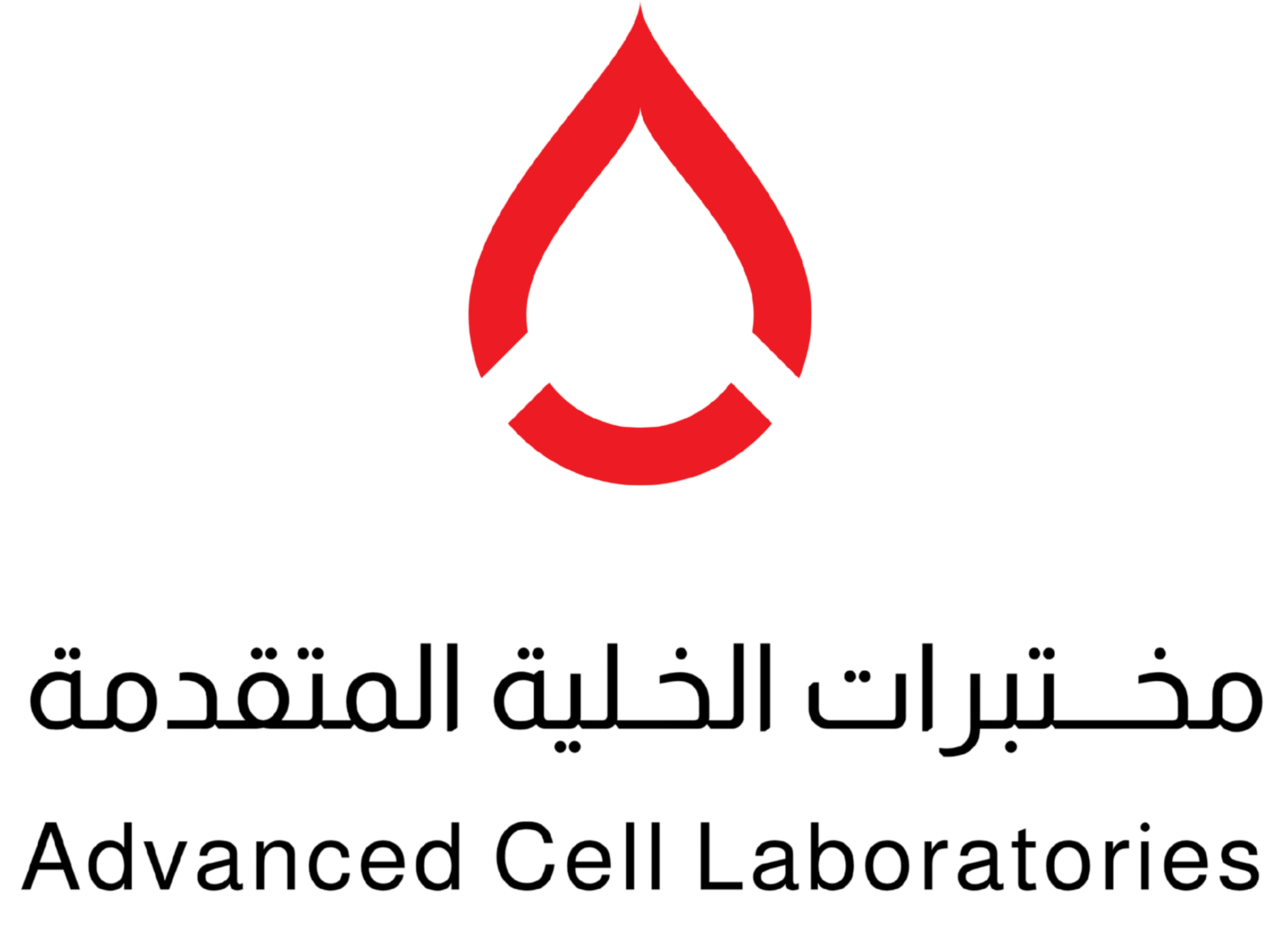- May 12, 2025

Did you know that obesity has become one of the biggest public health challenges worldwide, especially in the Arab world? Unexplained weight gain is not only about appearance, but it can also lead to serious chronic diseases.
In this article, we take you on a comprehensive journey to understand the causes and treatment of obesity, as well as diagnostic methods in Saudi Arabia with the services of Advanced Cell Laboratories.
What is Obesity?
Obesity is a medical condition characterized by an abnormal and excessive accumulation of body fat, which can negatively affect overall health. A person is considered obese when their Body Mass Index (BMI) exceeds 30 kg/m².
You can read more: Early Detection of Breast Cancer (Hereditary and Non-Hereditary) in Saudi Arabia
What Are the Main Causes of Obesity?

The causes of obesity are varied and include:
- Poor Nutrition: Consuming fast food and foods high in fat and sugar.
- Lack of Physical Activity: A sedentary lifestyle with little movement.
- Genetic Factors: A family history of obesity.
- Hormonal Imbalances: Such as hypothyroidism.
- Psychological Factors: Such as depression and stress.
- Medication Use: Certain drugs that can lead to weight gain.
- Childhood Obesity: Due to poor eating habits from a young age.
- Obesity in Women: Especially after pregnancy or due to hormonal disorders.
Learn more about: Stem Cells and Their Uses | Comprehensive Guide with Advanced Cell Laboratories
What Are the Health Risks of Obesity?
Obesity is not just weight gain; it is associated with numerous health risks, including:
- Heart and vascular diseases.
- Type 2 diabetes.
- High blood pressure.
- Fatty liver disease.
- Joint and bone problems.
- Sleep disorders such as sleep apnea.
- Certain types of cancer.
- Psychological effects such as low self-esteem and depression.
How is Obesity Diagnosed Medically?
First: Calculate Body Mass Index (BMI)
What is it?
BMI is the primary formula used to diagnose obesity, calculated as:
Weight (kg) ÷ (Height in meters)²Interpretation:
- Less than 18.5 = Underweight
- 18.5 – 24.9 = Normal weight
- 25 – 29.9 = Overweight
- 30 or more = Obesity
- 30 – 34.9 = Class I Obesity
- 35 – 39.9 = Class II Obesity
- 40 or more = Severe Obesity
Second: Measure Waist Circumference
Helps assess visceral fat (abdominal fat) associated with heart disease and diabetes risk.
- Men: More than 102 cm = High risk
- Women: More than 88 cm = High risk
Third: Accompanying Medical Tests
To understand the impact of obesity on the body, doctors may request additional tests such as:
- Lipid profile (LDL – HDL – Triglycerides)
- Blood sugar tests (Fasting Glucose – HbA1c)
- Liver function tests (AST – ALT) to assess fat accumulation in the liver
- Hormonal tests (e.g., thyroid hormones) to rule out hormonal causes of weight gain
- Comprehensive analysis in Saudi Arabia is available at many laboratories to evaluate overall health
What Are the Treatments for Obesity?

The treatment plan depends on each individual and may include:
- Following a healthy, balanced diet.
- Regular exercise.
- Behavioral therapy to change eating habits.
- Medications to control appetite or fat absorption.
- Surgery in cases of severe obesity (e.g., gastric sleeve).
- Regular follow-up with BMI and obesity tests.
Some advanced treatment programs are available through laboratories and certified medical centers in Saudi Arabia.
Can Obesity Be Prevented?
Absolutely! Through:
- Adopting a healthy lifestyle from childhood.
- Reducing fast and processed foods.
- Exercising regularly.
- Monitoring weight and conducting regular tests.
- Educating children about proper nutrition and physical activities.
Prevention starts with simple steps that make a big difference over time.
The Role of Advanced Cell Laboratories in Obesity Monitoring
Advanced Cell Laboratories provides comprehensive services to monitor obesity, including:
- Accurate BMI analysis.
- Lipid and cholesterol tests.
- Hormonal tests related to obesity.
- Diabetes screening for early detection.
- Medical consultations to analyze results and develop treatment plans.
- Exclusive obesity test packages at competitive prices.
Frequently Asked Questions About Obesity
What is the difference between obesity and overweight?
- Overweight refers to weight above normal, while obesity is excessive fat accumulation that poses a health risk.
Is obesity always linked to genetics?
- Genetic factors may increase susceptibility, but lifestyle plays a larger role.
When should I see a doctor for obesity?
- When noticing abnormal weight gain or health problems related to obesity, such as diabetes or high blood pressure.
What is the cost of obesity treatment in Saudi Arabia?
- It varies depending on the type of treatment and required tests, but Advanced Cell Laboratories offers comprehensive test packages at competitive prices.
Obesity is not a destiny, but a challenge that can be overcome with knowledge and determination! With Advanced Cell Laboratories, we provide the most accurate medical tests and health follow-up programs to help you control your weight and regain your health.
Book your obesity and lipid tests now via our website or contact the nearest branch. Invest in your health… every step toward a healthy weight brings you closer to a better life!



